For handy reference, here’s a chart summarizing the ten most important health tips for your senior dog. If you follow these ten tips, you’ll be doing a great job of maintaining your senior dog’s good health. Practically speaking, you probably won't have time to follow all of them. If you want to choose the most important, we recommend #1: Establishing a relationship with a great veterinarian; and #2: Booking a twice-a-year wellness check with your veterinarian. There are increasing numbers of low-cost veterinary services that will ease the burden of twice-a-year visits. Do an internet search for "Low cost veterinary service + your location" or see the info at this link.
For more health tip details, click on the green link inside each box on the chart.
Ten Ways to
Keep
a
Senior Dog
Healthy

Find a great VETERINARIAN -- one who is caring, competent, compassionate, and willing to fully address your questions and concerns. Book a wellness visit twice a year.
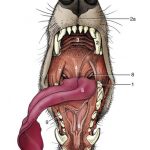
Attend to DENTAL HEALTH. Try to brush teeth daily. Have them cleaned by a veterinarian under anesthesia whenever recommended. Cleaning without anesthesia is ineffective and can be dangerous.

Feed THE BEST FOOD you can afford. Cheap foods have poor quality protein sources and questionable fillers. Ask your veterinarian and do research on wet, dry, freeze-fried, raw, or even home-prepared food. Watch for product recalls.
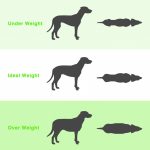
Keep your dog at a HEALTHY WEIGHT. Compare your dog's profile to the illustration above. Dog at top is too thin; in the middle, just right, at bottom, overweight. Learn how attention to diet and exercise will result in ideal weight.

EXERCISE -- BOTH PHYSICAL AND MENTAL -- are needed DAILY, to control weight. maintain mobility, and provide mental stimulation; adjust for age and environmental conditions.
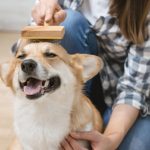
DAILY GROOMING is really good for older dogs....it's great for bonding and for finding fleas, ticks, lumps, bumps, and swellings. Places where your dog spends time (beds, etc.) need to be kept clean and tidy, too, to control for parasites and germs.

Learn about VACCINATIONS and MEDICATIONS recommended for your dog. Read labels, follow instructions, and request info on negative side effects. If any negative effects occur, report to your veterinarian promptly.

DIETARY SUPPLEMENTS and ALTERNATIVE THERAPIES may help your dog. Glucosamine chondroitin can work for arthritis. Acupuncture can be effective, too. Ask your regular veterinarian or consult a holistic veterinarian.
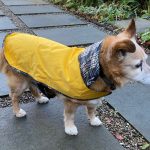
TAKE MEASURES AT HOME AND OUTSIDE to address aging challenges: e.g., orthopedic bed for aching joints, mats and rugs to prevent slipping, secure/assistive harness and leash, warm coat, etc.
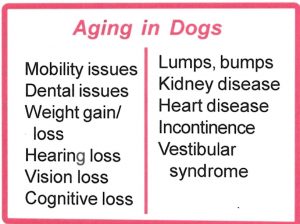
Become familiar with SIGNS OF AGING and age-related health problems and bring them to your veterinarian's attention promptly.
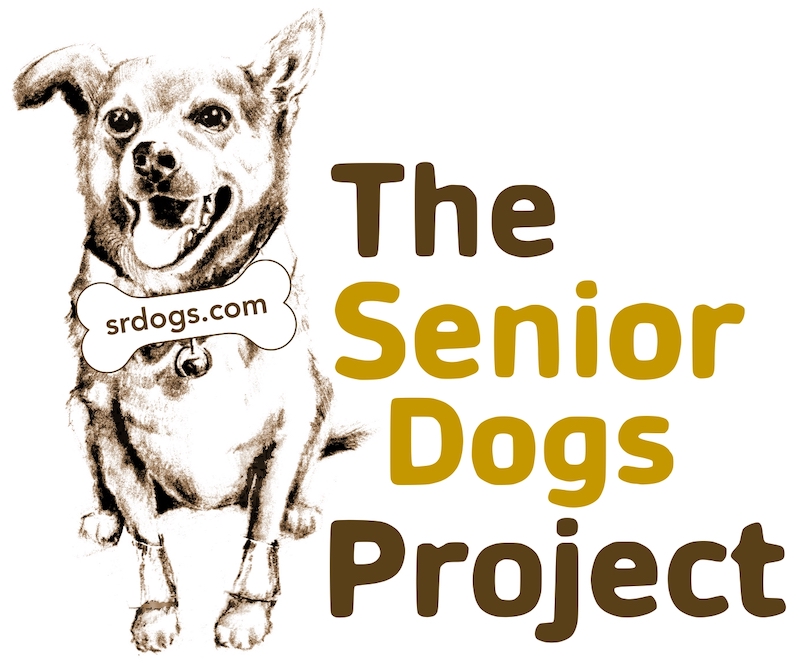
Explore the website for much more information on senior dogs and their care:
